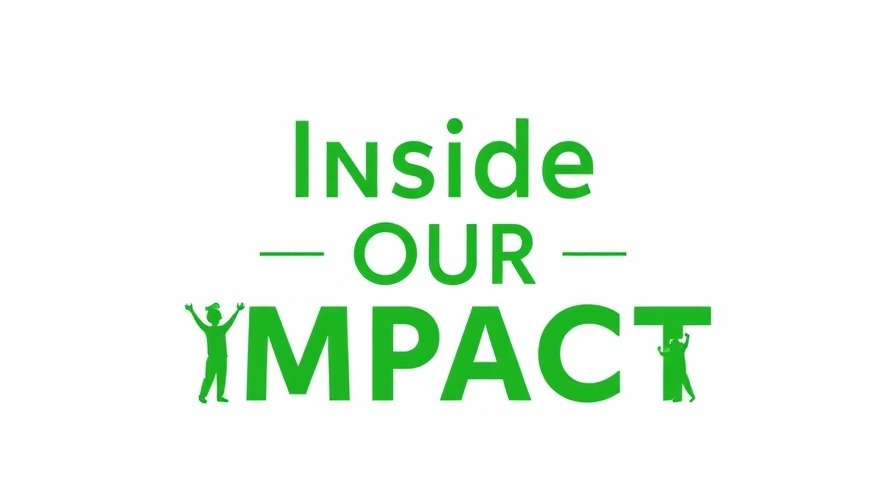
Unpacking The Importance of Financial Wellness Among Police Officers
When discussing wellness in policing, the conversation often gravitates towards mental health, physical fitness, and emotional resilience. However, one crucial component that remains in the shadows is financial wellness. A comprehensive line-up of wellness initiatives in law enforcement must address financial literacy, a facet too frequently overlooked during training and professional development.
Stark Realities: Financial Stress in Law Enforcement
A recent study conducted by the Oklahoma State University Center for Family Resilience revealed alarming trends about financial distress among first responders. In their wellness needs assessment, over 1,100 participants articulated significant financial stress, with 60.9% identifying it as a primary concern. This data highlights a tension within the realm of public safety, where financial burdens can adversely affect officers' job performance and personal lives.
Nearly 54% of respondents expressed an eagerness for financial wellness classes, indicating a clear demand for mechanisms that could facilitate better financial management. This survey serves as a keystone for understanding what officers truly need to thrive both in their personal and professional domains.
Financial Well-Being: A Critical Component of Officer Wellness
The implications of financial distress go far beyond mere stress; they permeate the core of policing duties. Officers burdened by financial struggles may experience diminished decision-making capacities due to stress or even the necessity to work excessive overtime to compensate for financial shortfalls. These factors can create a cyclic dynamic that further endangers both the officer and the community they serve. Poor financial decisions further exacerbate mental health conditions such as anxiety and depression, often resulting in a hazardous combination where personal crises bleed into professional responsibilities.
A Call to Action: Empowering Financial Literacy
Law enforcement agencies must proactively provide their personnel with resources tailored toward financial education. Workshops addressing critical topics, such as budgeting, personal finance management, and retirement planning, can equip officers with the tools to manage their financial futures.
By investing in the financial literacy of their workforce, police departments can foster a culture of wellness that extends beyond physical health. Officers empowered with the knowledge to make informed financial decisions will likely experience lower stress levels, higher productivity, and improved job performance. Moreover, contributing to their financial well-being directly correlates with improved public safety and community trust.
Operational Changes: Integrating Financial Wellness Programs
In light of this pressing issue, police organizations should consider integrating financial wellness programs into their standard operating procedures. Establishing consistent workshops, mentorship opportunities, and peer support groups focusing on financial literacy will not only address the immediate needs identified in the Oklahoma study but will also raise awareness about the broader implications of financial wellness.
Ultimately, the objective should be clear: to create an environment where officers feel supported both professionally and personally. This will not only mitigate individual stress but will also contribute to healthier policing practices, benefiting whole communities.
 Add Row
Add Row  Add
Add 

 Add Element
Add Element 




Write A Comment